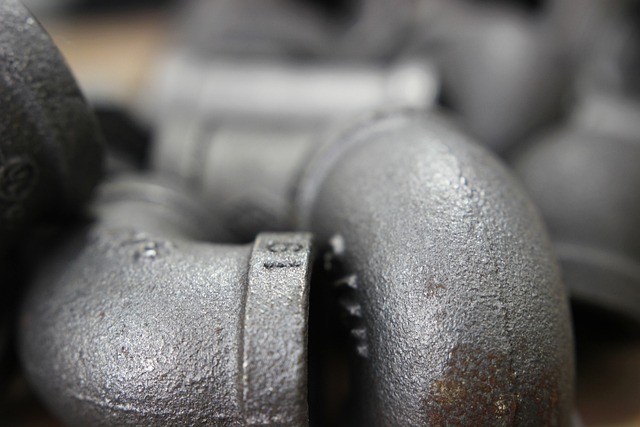Clogged drains are a common issue that homeowners face, which can escalate into significant problems if not addressed promptly. Recognizing early signs such as slow drainage, gurgling sounds, and foul odors is crucial for timely intervention. BigeasyPlumbingCompany.com offers specialized tools like augers or snakes to effectively clear clogs without causing damage to the pipes. Regular maintenance checks by a plumber can help prevent major issues and costly repairs. It’s also important to prioritize safety when attempting to resolve drain clogs, using protective gear and ensuring electrical safety. The right tools for the job, such as hand-operated or motorized augers, plungers, root cutters, or commercial drain cleaners, are essential depending on the clog’s nature. Professional plumbers have the expertise to select and use these tools correctly, ensuring a safe and efficient resolution to your drain issues. Regular vigilance and prompt action upon noticing signs of a clog can save homeowners from more severe complications and protect their plumbing systems over time.
When a drain clogs, it can disrupt daily life, leading to inconvenience and potential water damage. Understanding how to effectively clear these blockages is crucial for any homeowner. This comprehensive guide will walk you through the process of identifying clogs, safety measures, tool selection, and the best techniques for using augers or snakes, also known as plumbers’ snakes, to resolve the issue. Whether you’re tackling a bathroom sink or a main sewer line, we’ll provide valuable insights on maintaining clear drains, evaluating the use of chemical cleaners, and deciding when professional plumbing expertise is necessary. Keep your home flowing smoothly with these practical tips and maintenance strategies.
- Understanding Drain Clogs and Their Impact on Your Home
- Assessing the Clog: Signs It’s Time to Clear Your Drains
- Essential Safety Precautions Before Attempting Drain Cleaning
- Gathering the Necessary Tools for Effective Drain Unclogging
Understanding Drain Clogs and Their Impact on Your Home
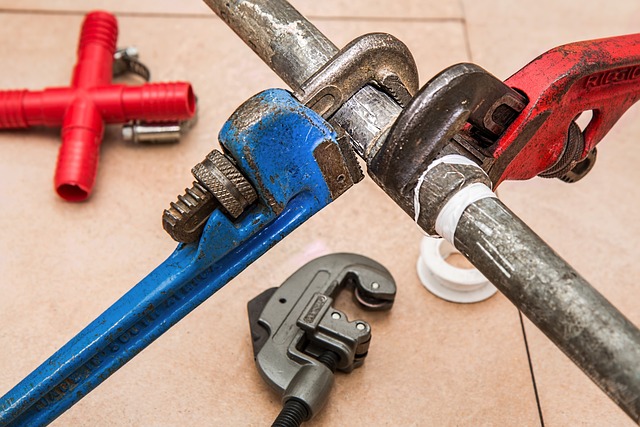
Clogged drains can be a persistent and vexing issue for homeowners, often requiring the expertise of a plumber to address effectively. A thorough understanding of what causes drain clogs is crucial for preventative maintenance and timely resolution when they occur. Drain clogs, typically resulting from accumulations of hair, soap scum, grease, and other debris, can lead to significant water backups that not only disrupt daily life but also pose a risk of water damage to your home’s structure. When a clog forms, it restricts the flow of water through the pipes, which if left unchecked, can escalate into complete blockages. This not only hampers the smooth functioning of plumbing systems but can also create unsanitary conditions and health hazards due to sewage backups.
To mitigate these issues, it’s advisable to engage a professional plumber at the first sign of trouble. A skilled plumber employs various tools like augers or snakes to dislodge the obstruction and restore proper water flow. These tools are inserted into the pipes to break up or extract the clog without causing additional damage. Regular maintenance, including occasional use of these tools by a plumber, can prevent clogs from developing into larger problems that could necessitate expensive repairs. Understanding the nature of drain clogs and their potential impact on your home empowers you to take proactive measures, ensuring the health and safety of your living space while also safeguarding against costly repairs in the future.
Assessing the Clog: Signs It’s Time to Clear Your Drains
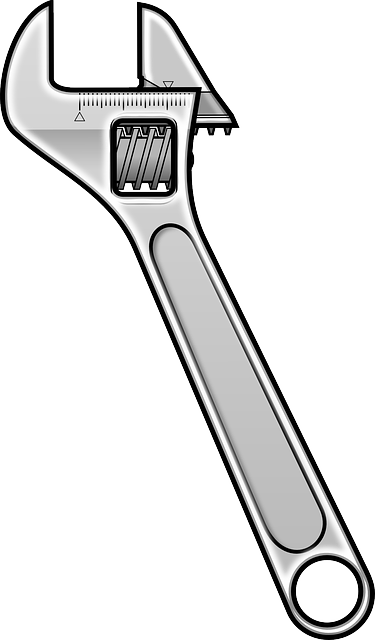
When facing a clogged drain, timely assessment and action are crucial to prevent minor issues from escalating into major plumbing emergencies. Homeowners should be vigilant for telltale signs that indicate it’s time to clear their drains. One of the most evident indicators is slow-draining sinks or tubs, where water pools and takes an unusually long time to recede. This can be a result of a partial clog that, if left unaddressed, may develop into a complete blockage. Another sign is gurgling noises emanating from your plumbing fixtures; these sounds are often caused by air being forced out as water encounters an obstruction in the drainpipe. Additionally, if you notice an unpleasant odor coming from drains, this could signal that organic waste is decomposing within the pipes, a situation that demands immediate intervention to avoid health hazards and further damage. If you witness sewage backup or see unwanted items like hair, soap scum, or foreign objects surfacing from your drains, it’s a clear indication that professional plumbing tools like augers or snakes are required to effectively resolve the issue. Regular monitoring and prompt action when these signs appear can save homeowners from costly repairs and considerable inconvenience later on. It’s always advisable to address clogs early; for this, enlisting the expertise of a professional plumber is often the most efficient way to ensure your drains are clear and functioning properly.
Essential Safety Precautions Before Attempting Drain Cleaning
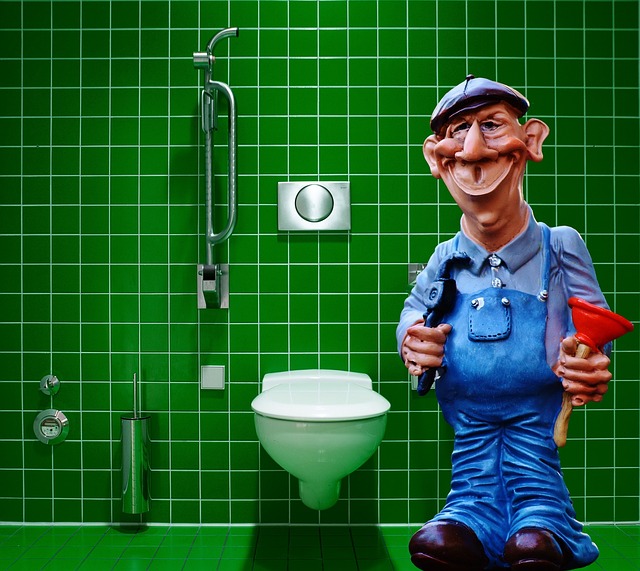
Before attempting to clear a clogged drain, it is imperative to prioritize safety to prevent any unnecessary risks or complications. One of the fundamental safety precautions is to ensure that you are wearing appropriate protective gear, such as gloves and eye protection, to shield against chemical irritants or sharp objects that may be present within the drain. Additionally, it’s crucial to disconnect any electrical devices connected to the plumbing system before utilizing electrically powered tools like drainsnakes or plumber’s augers to avoid the risk of electric shock.
If the clog is in a sink or bathtub, make sure to close the stop valve to shut off the water supply to the fixture. This prevents any further water from entering the drain and exacerbating the blockage while you work. Always be aware of the type of pipes in your plumbing system—PVC, cast iron, or copper—as different tools may be more suitable for specific materials to prevent damage during the cleaning process. Lastly, if the clog is particularly stubborn or you are not confident in your ability to handle it safely, it is advisable to contact a professional plumber who has the expertise and proper equipment to address the issue effectively and safely.
Gathering the Necessary Tools for Effective Drain Unclogging
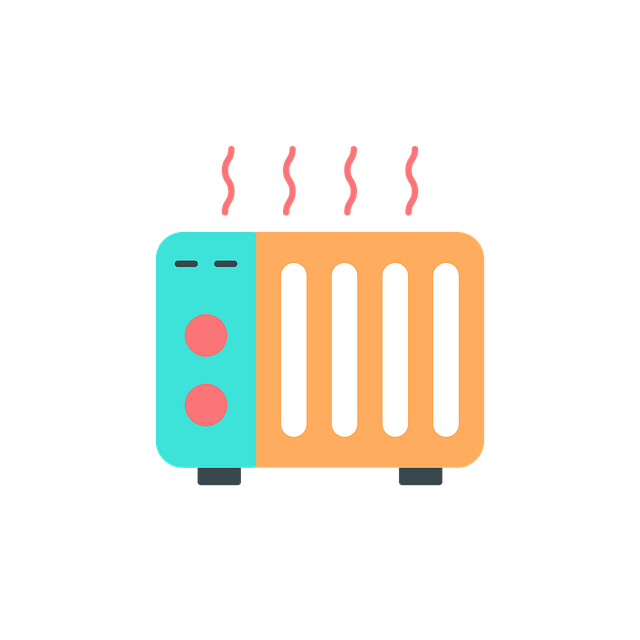
When encountering a clogged drain, having the right tools at your disposal is crucial for an efficient and effective resolution. A plumber often has a range of equipment specifically designed for this purpose. One essential tool in any plumber’s arsenal is the auger, also known as a drain snake. This tool can navigate through the curves of pipes and break up clogs without causing damage. For smaller drains, a hand-cranked auger with a flexible coil at the end is ideal, while larger main line clogs may require a motorized version with a stiffer, solid core. Additionally, a plumber may use a plunger to dislodge obstructions by creating a vacuum that can loosen blockages. A root cutter or commercial drain cleaner might be necessary if the clog is due to tree roots or other debris that has adhered to the pipe walls. Each tool serves a unique purpose, and understanding their applications will aid in selecting the most appropriate one for the task at hand. It’s always recommended to wear protective gloves and eyewear when using these tools to safeguard against any potential hazards such as chemicals or sharp objects that may be encountered during the unclogging process. With the right combination of these tools and a bit of know-how, you can effectively clear even the most stubborn clogs with the precision and care of a professional plumber.
Effectively managing clogged drains is a critical aspect of home maintenance, safeguarding your living space from potential water damage and maintaining hygiene. When confronted with such blockages, it’s advisable to recognize the signs early and address them promptly. Safety should always be a priority; therefore, before attempting to clear the drain yourself, ensure you’re well-equipped with the appropriate tools like augers or snakes. For complex issues beyond DIY capabilities, professional plumbers are adept at utilizing these tools efficiently and can prevent further complications. In conclusion, whether you choose to tackle the clog yourself or call a skilled plumber, understanding the nature of drain clogs and their potential impact is key to maintaining a healthy home environment.
